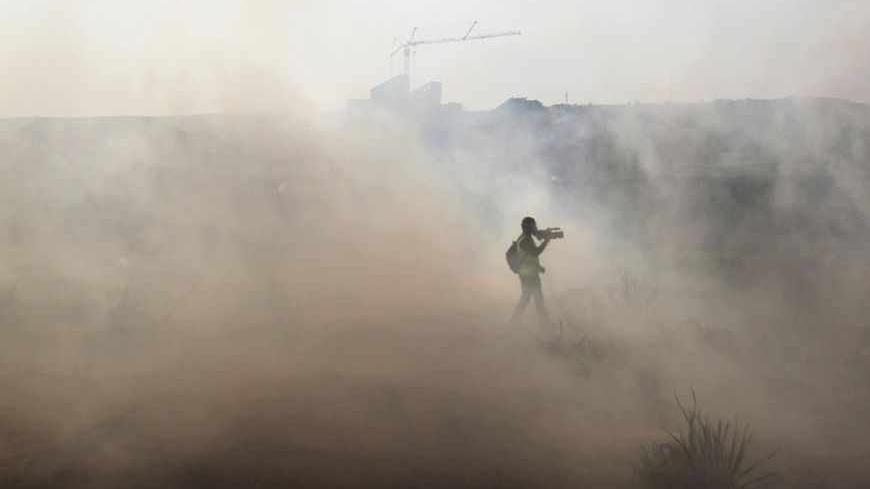The official title of the first conference of its kind at An Najah university on April 28 was "The Palestinian Media in Light of Changes in the Arab World." But a more appropriate title for the proceedings of the one-day event at Palestine’s largest university would have been "Whether Palestinian Journalists and the Palestine Media Merit Being a Special Case."
The "special case" controversy erupted when the well-known journalist Nabil Amr told the large audience of his comments to Yasser Arafat as soon as Amr was appointed minister of information. ”I told him,” said the former minister, "that I intended to abolish the ministry and privatize Palestine TV and Sawt Falstine [Voice of Palestine radio] to a public service station such as the BBC." Amr, who at one time suffered wounds from unknowns shooting into his house, said Arafat refused his idea without even a discussion.



